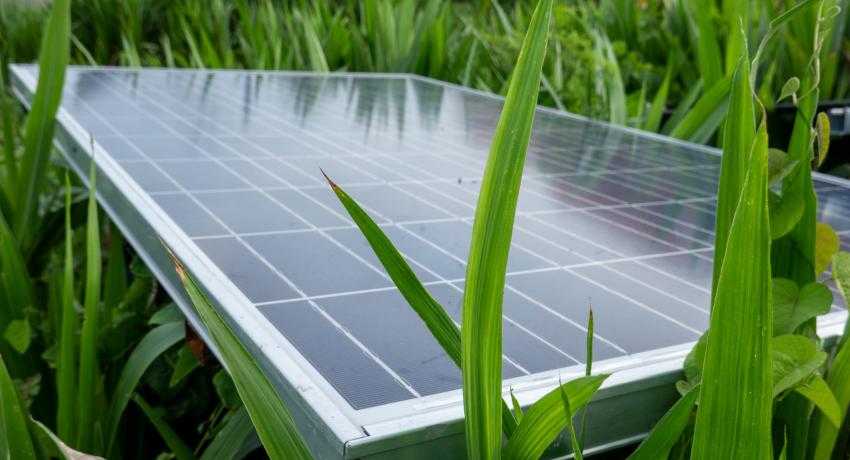What Are Agrivoltaics And How do They Benefit Irrigation
Agrivoltaic farming is a turning point in sustainable farming and development. The concept combines agricultural land with energy generating solar panels to get dual benefits. In recent years, experts in agrivoltaic solutions have highlighted the several advantages of this system for farmers, such as protection against climate disruptions and risks. This short article will explain what agrivoltaics are and how they benefit irrigation.
What is Agrivoltaic Farming?
Agrivoltaic systems combine the production of agricultural crops and photovoltaic power in the same area. The solar panels are installed on top of crops in a particular area. This creates a dual benefit of agriculture as well as energy generation. A lot of people mistakenly think that installing solar panels above growing crops may negatively affect growth because of excess shade. This is a possibility only if the system is installed by amateurs.
While there is light sharing in agrivoltaic systems, the panels placed above the crops are kept at such a height that they create a microclimate of sorts over the growing area. This results in more freshness. Less water is required by the plants since there are lower losses due to evaporation.
Benefits of Agrivoltaics on Irrigation
There are several benefits of agrivoltaics for farmers, such as low-cost energy generation and green or sustainable practices. In fact, solar power is virtually free of charge once the initial panel installation is complete.
These are a few specific irrigation benefits of agrivoltaics:
Install Anywhere
Irrigation is an integral part of agriculture. Solar power provides the opportunity for irrigation systems to be installed where there is no availability of commercial power infrastructure, as long as there is solar light and a water source.
Green Irrigation
Another major benefit of agrivoltaic system is that farmers don’t need to rely on traditional irrigation systems that use gasoline or diesel. Instead, they can make use of sustainable solar energy that doesn’t add to environmental or noise pollution.
Renewable and Accessible
One of the best parts about solar energy is that it is completely renewable and accessible in sunshine areas. Energy can be used towards several other processes besides irrigation by farmers. In fact, larger farms can sell surplus energy as well. It is also a safer alternative as compared to several other energy options.
Remote Access
Solar power irrigation system can be automated to provide farmers with remote access. They can easily switch the irrigation process on and off remotely. They can also acquire real-time access to information on air temperature and soil humidity. However, the necessary software and hardware would have to be installed as part of the project. This is a big advantage for farmers that cannot be physically involved in their fields at all times.
Additional Income
Energy is produced by solar panels even when irrigation is not required in fields. Farmers don’t need to let this energy go waste. They can always supply other agricultural machinery, water purifiers, mills, and cooling units with electricity. This contributes to additional income and rural development.
Several studies corroborate the fact that agrivoltaic systems contribute to the value of a property. They increase the resale value by making the property more attractive for buyers.




